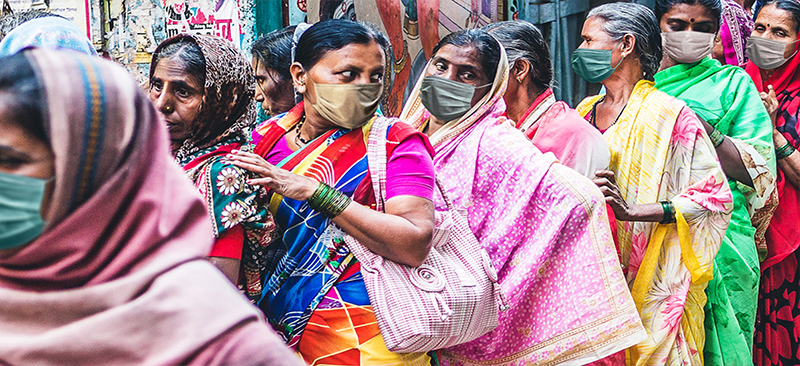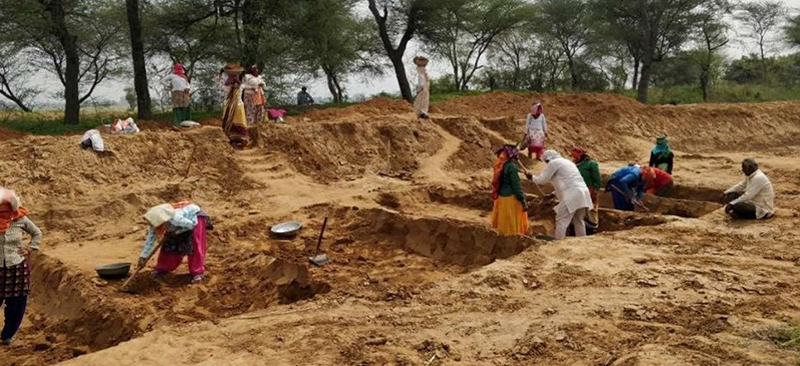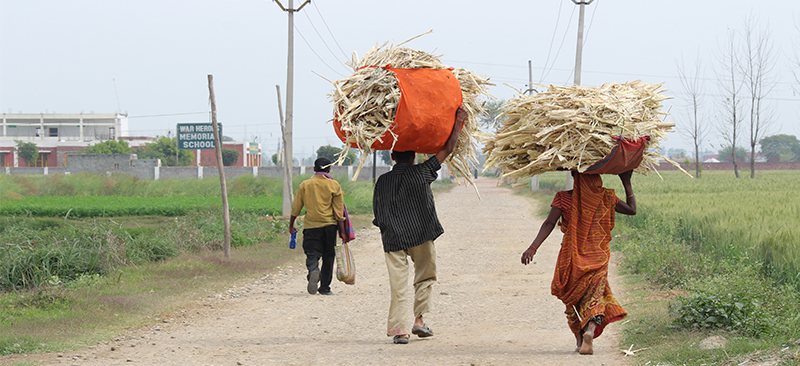Kritika Shukla

Kritika Shukla
Project Manager, RBIHKritika is a Project Manager - Gender and Finance (The Swanari Program) and Research at Reserve Bank Innovation Hub (RBIH).
Posts by Kritika Shukla
 Publication
Publication
Pramiti Lonkar, Disha Bhavnani, Kritika Shukla and Aarcha PB
Her Digital Gateway: How women in India access and use smartphones
Feb 18, 2025
 Publication
Publication
Kritika Shukla and Mahima Dixit
Revolution in a transition: How an intervention under India’s National Education Mission (Samagra Shiksha Abhiyan) is resolving long-standing challenges in education
May 22, 2023
 Publication
Publication
Kritika Shukla, Rahul Chatterjee and Neeraja Sundar
India’s gender-responsive policies during COVID-19
Oct 16, 2021
 Publication
Publication
Kritika Shukla and Vedika Tibrewala
Efficacy of MGNREGA in mitigating the loss in income and unemployment caused by the COVID-19 pandemic
Oct 7, 2021
This site uses cookies, by continuing your navigation, you agree with our Cookie Policy.Ok

